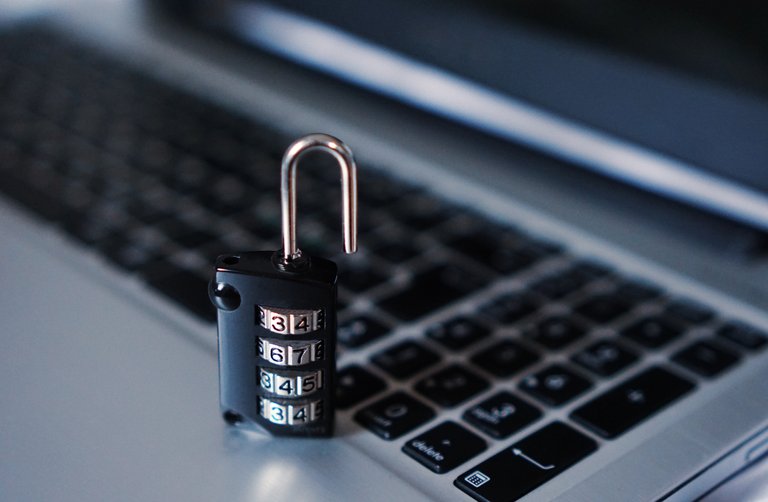
What is hack?
In the 1990s, the word "hacker" was originally identified as machine code and a skilled programmer skilled in computer operating systems. In particular, these people could always hack an unsatisfactory system to engage in a little software company's espionage to solve the problem and explain the code of a competitor.
Unfortunately, some of these hackers become expert on password-protected computers, files and networks, and are known as "crackers". Of course, an effective and dangerous "cracker" should be a good hacker and the terms are exchanged. Hackers use popular and media victories, and today anyone who is involved in running some form of computer vandalism.
Hacker Tools
Now there are more than 100,000 viruses which are displayed almost every day. Hackers are unwanted and their brutal acts can affect a computer owner, any network user, e-mailer, student, blogger or network administrator of the site or on the Internet. Your computer level does not matter, you must protect your computer, business, or even your identity. The best way to know how to protect your computer is to understand and accept hackers' tools.
Virus, Absorption, Worms, and more
The computer "virus" is used to describe the machine code command embedded in the computer's memory, which copy itself to execution, other programs and files on the computer. Depending on the intent of the hacker, the design of the virus can only be a problem or may lead to very serious consequences until a potential catastrophe.
Typically, the virus is a software, a series data, or a command sequence that uses a bug, glitch, or weaknesses. Each example is properly "absorbed." This is used because of the expansion of a computer into a computer's operating system or application due to irregular or unexpected behavior.
A network security exploits and exploits through weaknesses and "hole" is a "remote" exploitation without the previous access to the weak system. A exploitation that requires a system prior to access is called a "local" exploitation, which is usually allowed by a system administrator to increase hacker access rights.
Worms is the only virus that sends copies to network connections. A bombe continues silently in a computer's memory so that a date or action is not stopped. A Trojan horse is a malicious program that can not reconstruct itself, but is distributed by CD or e-mail.
Protect Your Computer: Avoid Computer Holes / Weaknesses
Only install trusted software and delete unknown email. If you have any doubts about a part of the software's functionality, do not install it. If you get an e-mail from the names of random people, then resist your curiosity and do not open it, just delete it.
Download or open attachments on any condition that you do not know and even beware even Most companies that create banks and online organizations will not send you attachments. If they do, then perhaps it is possible to visit the company's site and request a download or at least it is valid. Avoid Old Web Sites, A Hacker's Paradise
Do not click on ads if you have an e-mail or online, if you are interested in advertising, find on the site. Be careful with what you put on your computer physically. This is particularly true for shared R / W CDs, USB hard disks or flash drives. This is an easy way to follow the computer from computer.
Protection: Install Anti Virus Software
Antivirus software searches to prove the presence of virus programs, worm, bombs, and trojan horses, check for this characteristic or behavior that is common in these programs. When the program is available its discovery, its type, often its name or an identifier, and it is possible for damages. The anti-virus software then abandons or discards the infected files. For personal, commercial software is relatively cheap; However, free anti-virus programs are available.
Since the new virus appears almost every day in the new code, it is important that the antivirus program often matches these threats; Therefore, make sure to set your program to automatically update. To avoid the annoyance of computer slowdown, the whole scale is late at night.
The same is true for your Windows operating system. Very often, your operating system is where hackers discover Holles. Of course, in an ongoing war, this software is constantly updated with security patches.
Finally, secure your wireless network with a router built in a firewall. Nearly all wireless routers have no security when installed first. Log in to the router and at least set it to a basic security so that a hacker knows that it provides a strong password to replace the factory settings. A firewall or router that is not configured properly or unauthorized, allows hackers to cross passwords, scans passwords, e-mails or files.
Follow me and with us.@avijit10
This post has received a 6.31 % upvote from @boomerang.
ok.thanks